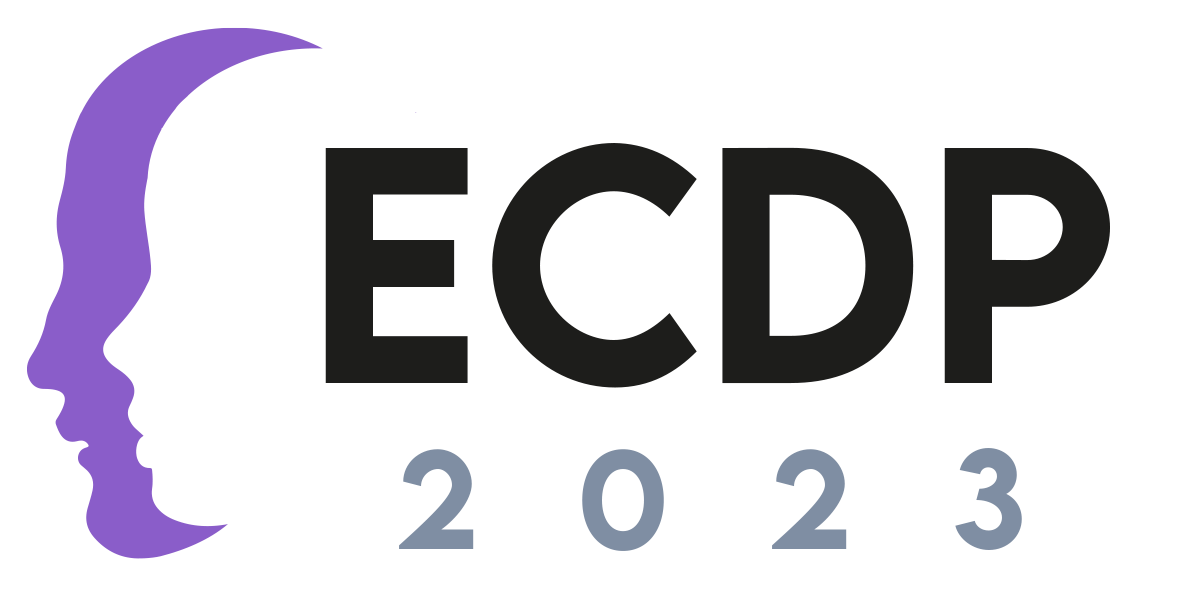Pre-conference workshops
Monday 28 August, Logomo
RI-CLPM: Theoretical Considerations and Practical Applications
Morning and Afternoon sessions
Part I 9:00–12:30
Part II 13:30–17:00
Organised by Ellen Hamaker and Jeroen Mulder
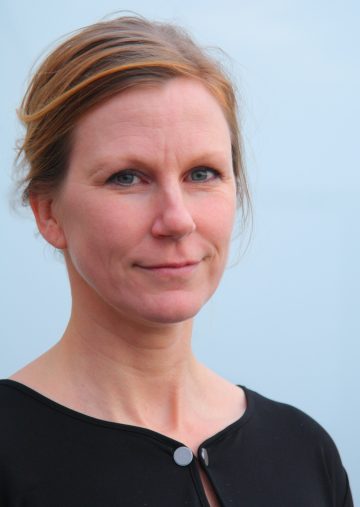

The random intercept cross-lagged panel model (RI-CLPM) is a popular model among psychologists for studying lagged effects in longitudinal panel data. One of its main characteristics is that it separates stable, between-unit variance from fluctuating, within-unit variance such that lagged effects can be interpreted as purely within-unit effects (in contrast to lagged parameters from, for example, the traditional CLPM). This workshop offers theoretical considerations and practical applications of the RI-CLPM. We provide an introduction of the basic components of the model, and consider the model from various perspectives (a time scales perspective, empirical perspective, and a causal perspective). Additionally, we discuss popular extensions of the RI-CLPM, alternative panel models, and various practical matters like power analyses and sensitivity checks.
The second part of the afternoon consists of a masterclass in which we provide plenary consultation. Participants are offered the opportunity to present RI-CLPM-related issues that they have encountered in their own research. After each short presentation, we jointly discuss the problem, and think about potential solutions.
Open Science: Transparency from Theory to Test
Afternoon session
13:30–17:00
Organised by Willem Frankenhuis and Stefan Vermeent
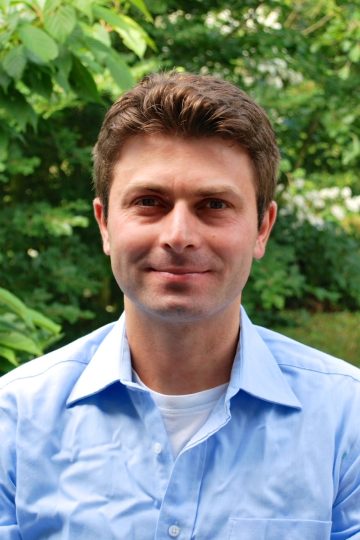

Modern social science faces two related challenges: the replication and theory crisis. Although there exist tools for both, few are designed to help researchers transparently address theoretical and methodological issues in a single workflow. This workshop is aimed at developing such a workflow. First, we briefly orient researchers to the replication and theory crises. Next, we introduce tools and approaches for mitigating issues with replication (e.g., preregistration), ambiguous theory (e.g., formal modeling, identifying estimands), and transparent data analysis (e.g., multiverse analysis). The practical goal is for attendees to get hands-on experience going from theory to test with the latest open sciences tools and practices. The broader goal to help researchers build confidence and skills to conduct robust, transparent, and exciting new research.
Time to Get Personal: An Introduction to Latent Profile Analysis
Morning session
9:00–12:30
Organised by Takuya Yanagida
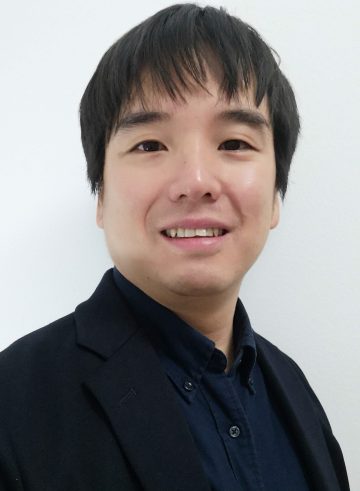
The workshop offers an introduction to latent profile analysis, a person-oriented method based on a categorical latent variable model that focuses on identifying distinct subgroups within a population. First the variable-oriented approach as dominant paradigm in psychological research and the person-oriented approach as an alternative paradigm will be contrasted. Next, latent profile analysis (LPA) is introduced to discuss model estimation (e.g., maximum likelihood estimation and model convergence), model comparison (e.g., information criteria and bootstrap likelihood-ratio test) and model specification (e.g., within-class variance-covariance structures). Last, bias-adjusted three-step approaches to relate latent profile membership to external variables (covariates and outcomes) will be discussed. The program Mplus will be used for all examples throughout the workshop for specifying and estimation LPA models.
Science Communication and Citizen Science
Afternoon session
13:30-17:00
Organised by Early Researchers’ Union: dr. Lysanne te Brinke, dr. Jessie Hillekens and Chiara Cecco
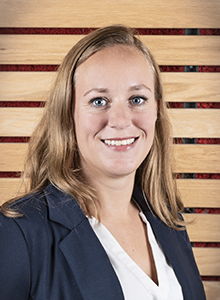
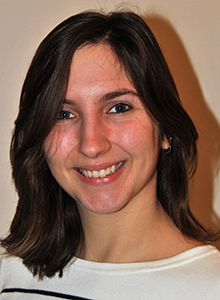
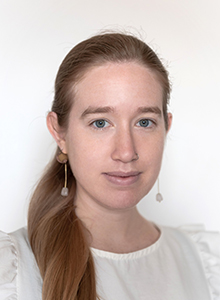
To make developmental research of value to societal stakeholders such as teachers, parents,
clinicians, and youth, science communication and engagement methods are important.
Moreover, to strengthen the societal impact of research, developmental researchers
increasingly seek for ways to actively involve children and youths in their projects. These
engagement skills are, however, rarely included in scientific training programs. Therefore,
this interactive pre-conference workshop, organized by the EADP’s Early Researchers Union
Board, focuses on science communication and citizen science.
In the first part of this workshop, different science communication methods (e.g., outreach)
will be covered: from blog-writing to communication via traditional and social media. The
workshop organizers share successful outreach projects, including tips and tricks for
dissemination. Subsequently, the attendees will work on their own outreach-strategy.
In the second part of this workshop, attendees will discover, based on practical experiences
and concrete tips, how to use citizen science methods in a way that fits with the lives of
children and youth. For example, how – and at what point – do you involve your target
group? How do you build an inclusive, sustainable and equal partnership? How can you
include co-creation and design-thinking methods in your projects?
